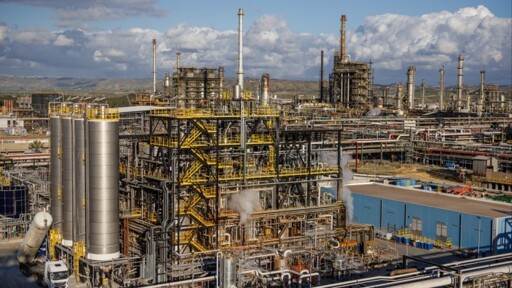The basic problem is that “sustainable” aviation fuels, if based on biofuels, would substantially compete with food production. This limits their scale pretty significantly, so they can’t easily scale up to the levels that the airline industry wants, which means that the cost will remain quite high.
The top-level post uses a gift link which may have a view count limit. If it runs out, there is an archived copy of the article



That is a very important question. SAF is a name for a bunch of different fuels produced from sustainable sources. I posted a larger reply to the main article that details some of the input feedstocks which answers your question here.
And I posted a different comment here: https://slrpnk.net/post/18679785/13966072
You’re not getting the fact that those feedstocks have their own feedstocks.
Using waste is also misleading, the goal needs to be to reduce waste, not make the waste a co-product. Cooking oil waste isn’t something that’s going to be some reliable feedstock either. In the context of economic “drama”, you can expect restaurants to close down much more or to reuse that oil a lot more times. Even too much: https://en.wikipedia.org/wiki/Gutter_oil The biodiesel processors won’t be able to rely on that source, there’s going to be a growing need for the virgin feedstocks.
Your position is essentially the same one as the meat and dairy industries, who are the competitor for that
feedstockfeed. That includes ‘waste’.